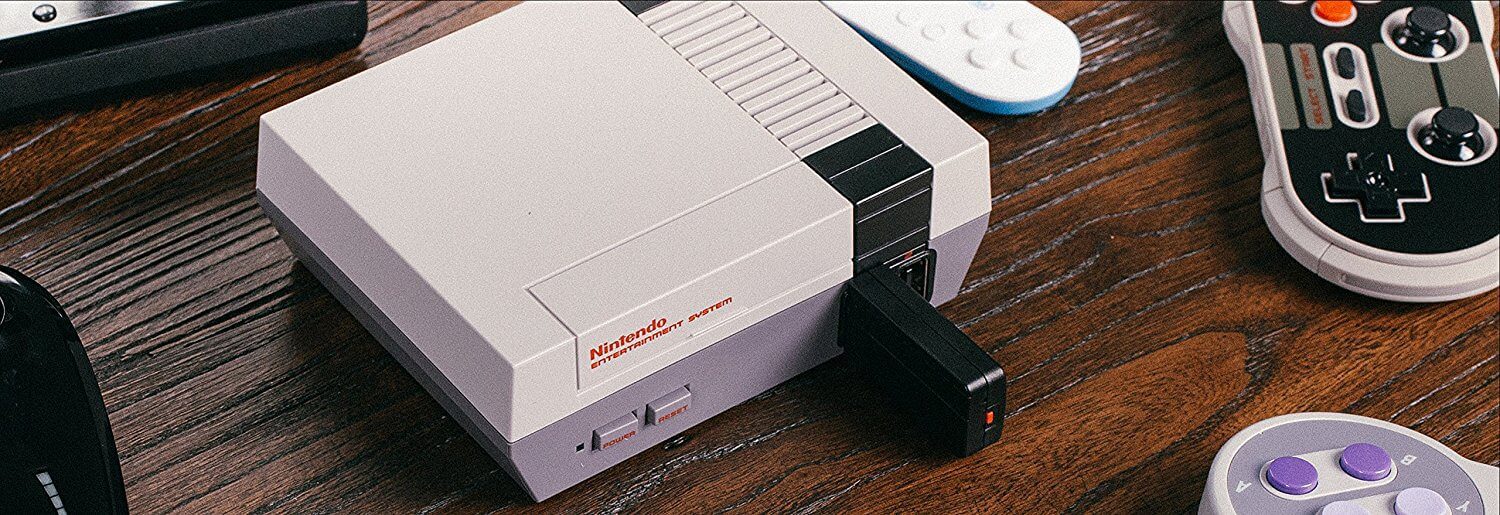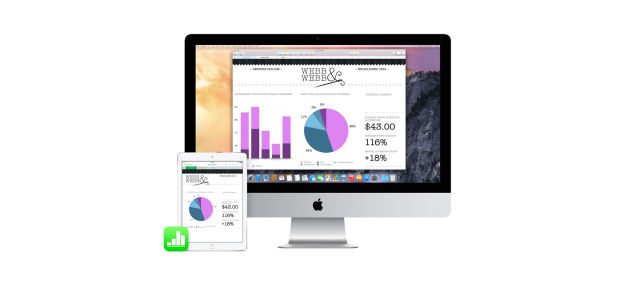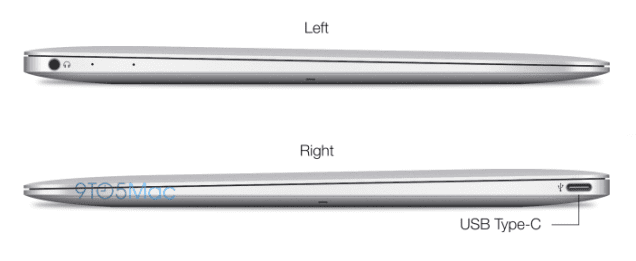Here are some nice must have’s for all NES Classic Mini Console owners.
The first thing all noticed where those very short cables from the NES Mini, so what to do?!
A Company called 8bitdo from HongKong made our Lives much easier 🙂
Here’s a List of all Adapters and Controllers you must have for the NES Classic Mini:
- 8Bitdo NES30 Classic Edition Wireless Controller Set with Bluetooth Retro Receiver
- 8bitdo FC30 pro Wireless Bluetooth Controller Dual Classic Joystick For iOS / Android Gamepad – PC Mac Linux
- 8Bitdo Retro Receiver for NES Classic Edition (Bluetooth) – NES ONLY RECEIVER
with the receiver only you can also use the Nintendo Switch Joycon and Nintendo Switch Pro Controller with the NES Classic Mini!!
Classic Edition Set Includes
- NES30 Controller
- Retro Receiver for NES Classic Edition
- USB Cable
Retro Receiver Compatibility
- All 8Bitdo controllers & arcaded sticks
- PS3, PS4
- Wii Mote, Wii U Pro
Special Features
- Access the NES Classic Edition HOME menu wirelessly
- Use two Retro Receivers for multiplayer player games
- Lag free
NES30 Compatibility
- The NES30 is compatible with Mac/PC, iOS, Android and many next gen systems
- Output support: use the Retro Receiver as a Bluetooth dongle
(X-INPUT – Max OSX / Windows)
Connectivity
- Bluetooth 2.1+EDR, Class 2
- 2.402Ghz~2.48Ghz
Power
- Retro Receiver powers directly from the NES Classic Edition controller port
- NES30 features 20 hour battery life
System Compatibility
- NES Classic Edition
Here are also the Firmware Update files for the receiver:
http://www.8bitdo.com/retro-receiver-nes-classic/support.html
So no more short controllers 🙂 🙂 and cables across the whole room…
Source: http://www.8bitdo.com/





